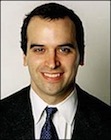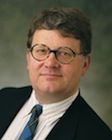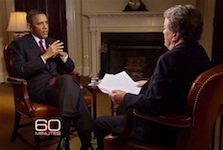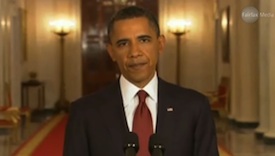Must Reads from Mayer and Barry


Rick Welts, president of Phoenix Suns, comes out (in The New York Times); Jane Mayer writes a blockbuster about the Obama Administration’s dangerous obsession with leaks
The most important and the most depressing piece of 2011 is by Jane Mayer in the current New Yorker. When the history of this era is written, Jane’s work about American torture under Bush and “national security” under Obama will stand out as being some of the most courageous and intelligent journalism of our time.
In stark contrast to many of her national security rivals in the Washington bureau of The New York Times (especially the ones with alliterative names) Mayer never gives the impression that she is merely repeating the official government line.
Jane’s story this week is a horrifying tale of the persecution through unnecessary federal prosecution of Thomas Drake, a 54-year-old former employee of the National Security Agency, a whistle blower who was disgusted by waste and mismanagement–and the implementation of some of the most intrusive and most illegal surveillance programs in the history of the republic.
As Yale law professor Jack Balkin told Mayer, “We are witnessing the bipartisan normalization and legitimization of a national-surveillance state”–something which comes much closer to George Orwell’s nightmare vision in 1984 than most people realize. Obama, Balkin says, has “systematically adopted policies consistent with the second term of the Bush Administration”–although torture is a notable exception to that statement.
Among the scariest developments is the perversion of a program called ThinThread, developed by Bill Binney, a now-retired NSA analyst. “Binney estimated that there were some two and a half billion phones in the world and one and a half billion I.P. addresses. Approximately twenty terabytes of unique information passed around the world every minute. Binney started assembling a system that could trap and map all of it.”
Binney actually believed that if ThinThread had been deployed before 9/11, it would have detected the plans for the attacks before they occurred. “Those its of conversation they found too late?” Binney said. “They would never have happened.”
But the NSA bureaucracy focused instead on a rival system called Trailblazer, which was abandoned in 2006 after it had become a $1.2 billion flop.
When ThinThread was finally put to use by the agency, it was stripped of the controls Binney had built into it which would have prevented it from being used to spy on Americans, in direct violation of Federal Law. Binney says his program was twisted. “I should apologize to the American people,” Binney said. “It’s violated everyone’s rights. It can be used to eavesdrop on the whole world.” Binney added that Thomas Drake had taken his side against the N.S.A.’s management and, as a result, had become a political target–leading to what appears to be a wholly unjustified Federal prosecution that could send him to jail for thirty-five years.
The single most horrifying fact in Mayer’s story: Binney believes that the NSA now stores copies of all e-mails transmitted in America, in case the government wants to retrieve the details later. Binney says that an N.S.A. e-mail database can be searched with “dictionary selection,” in the manner of Google.
Look for 60 Minutes to take up this story next Sunday.
~ . ~ . ~
This week’s other must read story is Dan Barry’s superb account in The New York Times of the coming out of Rick Welts, the president and chief executive of the Phoenix Suns, who had spent his entire career in the closet because of the neanderthal attitude of professional sports towards every gay man and woman who participates in them. Barry does a magnificent job of describing Welt’s three-decade long odyssey to honesty, including the extremely supportive role of National Basketball Commissioner David Stern.
The story notes that when former N.B.A. player John Amaechi announced that he was gay in 2007, that prompted former N.B.A. star Tim Hardaway to say that, as a rule, he hated gay people.
Note to Hardaway, and his fellow homophobes everywhere: the only people who ever make statements like that are invariably afraid that they might be gay themselves.
People who are certain they are straight are never upset by gay people at all.
-30-








